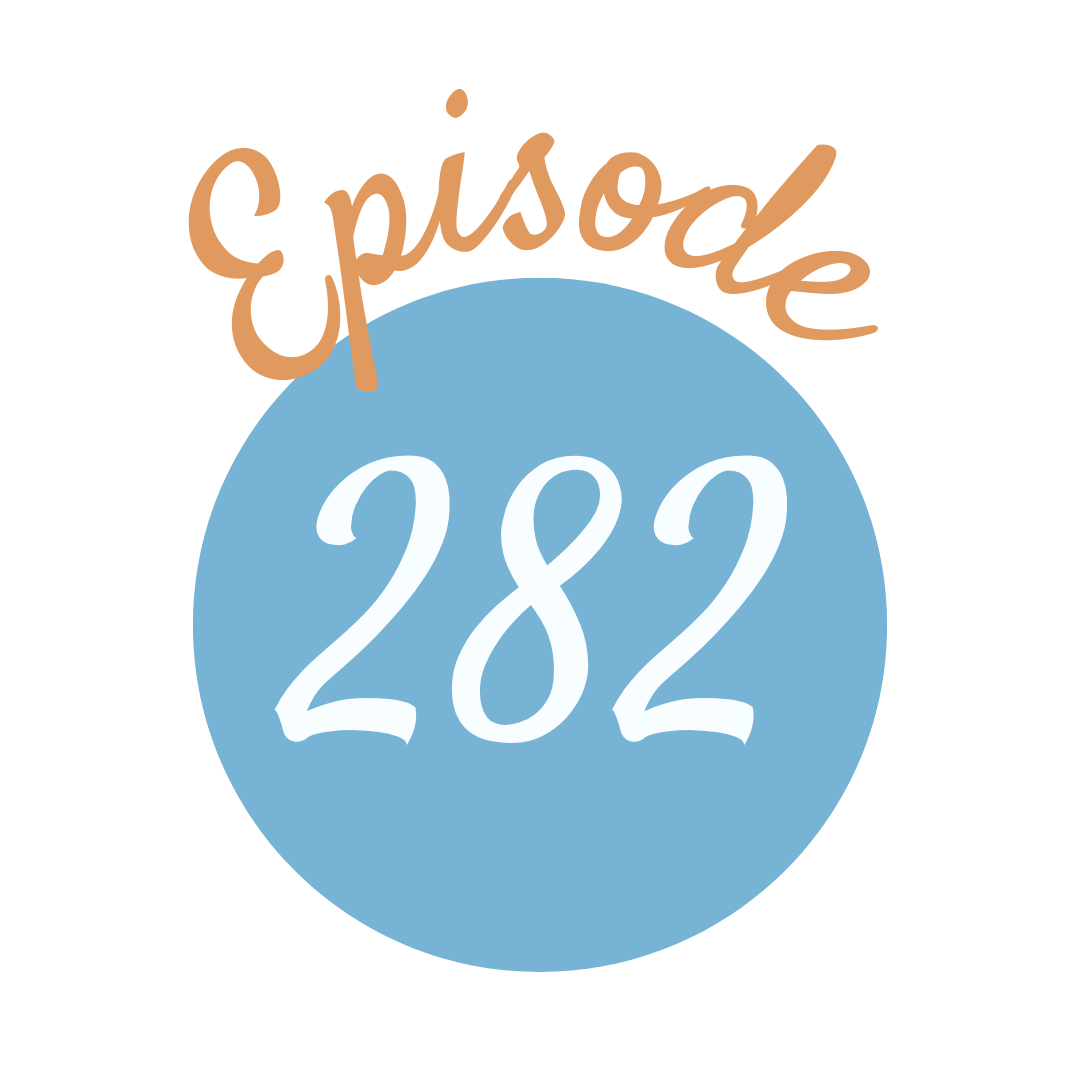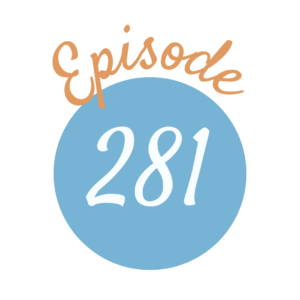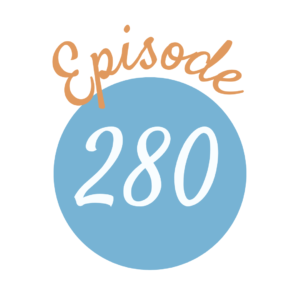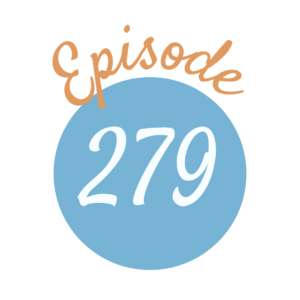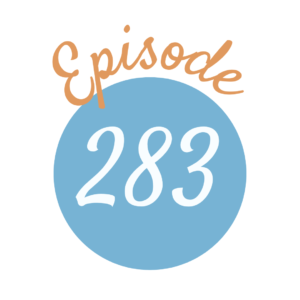
As we discuss ways to bring balance to our lives using the Charlotte Mason Method, our first focus is on our Priorities. We can fall off on either side of the horse: Making school all-important, or pushing it to the back burner. Miss Mason has excellent advice for how to avoid either extreme, and the ADE ladies share their own experiences with imbalance.
Listen Now:

“…this is a delightful thing to remember, every time we do a thing helps to form the habit of doing it; and to do a thing a hundred times without missing a chance, makes the rest easy.” (4/I/209)
“[H]e learns that one time is NOT ‘as good as another;’ that there is no right time left for what is not done in its own time…” (1/142)

Living Book Press’ Charlotte Mason Volumes

Living Book Press — Our Season Sponsor
ADE’s Patreon Community

